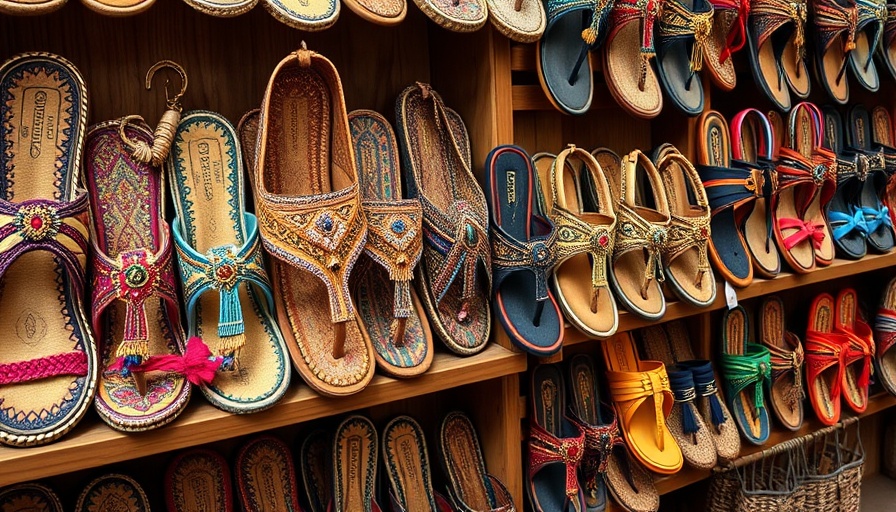
Cultural Sensitivity in Fashion: A Growing Concern
The recent uproar over the Oaxaca Slip-Ons designed by Willy Chavarria in collaboration with Adidas highlights a pressing issue in the fashion industry: cultural appropriation. The sandals, which closely mimic the traditional huaraches of Oaxaca, have drawn sharp criticism from local authorities. Mexican officials assert that the design appropriates their cultural heritage without proper acknowledgment or partnership with the communities involved.
The Designer’s Reflection: A Call for Collaboration
Chavarria expressed regret for not involving the Oaxaca community in his design process. His statement emphasizes the importance of respecting cultural origins and the need for direct collaboration with Indigenous groups. In his own words, he recognized that the design did not embody the respectful approach that such collaborations deserve.
Adidas’ Response: Acknowledgment and Accountability
In response to the backlash, Adidas stated that they value the cultural wealth of Mexico's Indigenous peoples. The corporation expressed a desire to engage in discussions with Oaxaca authorities to address the grievances and seek a reparative solution. This reaction raises questions about corporate accountability and the responsibility of brands in safeguarding cultural heritage.
The Economic Implications of Cultural Appropriation
Cultural appropriation has broader implications beyond individual brands; it impacts the livelihoods of those who create traditional crafts. In Mexico, nearly half a million artisans depend on the handcrafted goods market, contributing significantly to the national economy. States like Oaxaca and Michoacan rely on this income stream, which represents a crucial part of their economic landscape.
Moving Forward: Actions for Ethical Fashion
The controversy surrounding the Oaxaca Slip-Ons serves as a reminder for fashion brands to adopt ethical practices. Understanding the value of cultural literacy—especially in design—can inform a more respectful and inclusive approach. As consumers, supporting brands committed to genuine collaboration can help combat issues like cultural appropriation.
This situation also calls upon us, the consumers, to reflect on our purchasing choices. By advocating for ethical fashion practices and supporting brands that engage respectfully with culture, we can contribute to a more responsible and equitable fashion industry.
In light of these developments, it is crucial for Orlando residents and fashion enthusiasts to stay informed, voice their concerns, and support culturally sensitive collaborations within the fashion community.
 Add Row
Add Row  Add
Add 




Write A Comment